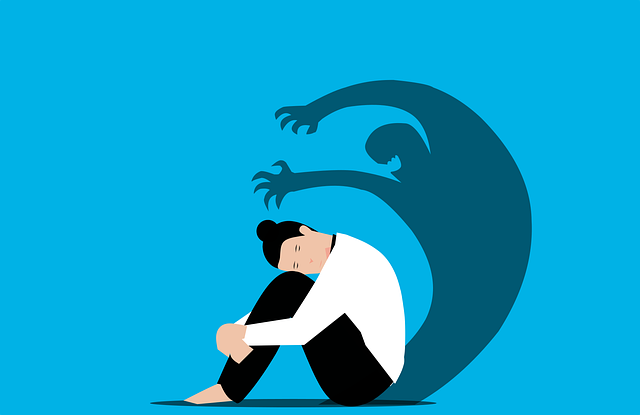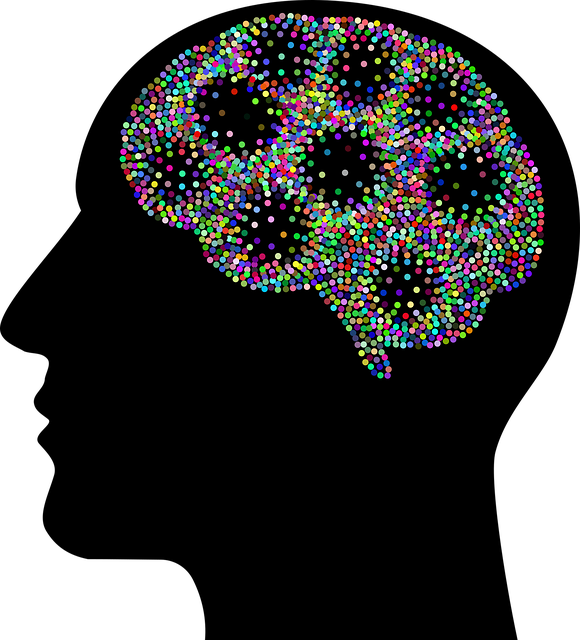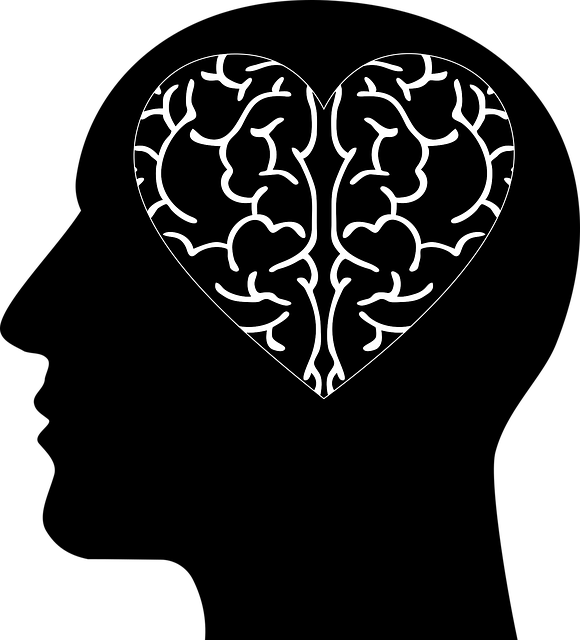Journaling is an effective therapy for adults with Bipolar Disorder, offering a safe space for emotional exploration and self-awareness. By tracking moods, identifying triggers, and developing coping strategies, individuals can manage their condition better. Combining journaling with professional guidance enhances risk management and advocates for improved mental health policy. Regularly documenting emotions and experiences through personalized journaling exercises provides insights crucial for therapy and empowering mental wellness advocacy.
“Unwind and reconnect with your inner self through the transformative power of mental wellness journaling. This comprehensive guide offers valuable insights into how this practice can be a game-changer for adults navigating bipolar disorder. From understanding the condition’s impact on mental health to exploring the therapeutic benefits of journaling, we delve into effective strategies.
Learn how to structure your journal, discover content ideas, and master tips for consistent journaling, allowing you to track progress and enhance overall well-being.”
- Understanding Bipolar Disorder and Its Impact on Mental Wellness
- The Power of Journaling as a Therapeutic Tool for Adults with Bipolar Disorder
- Creating Your Mental Wellness Journal: Structure and Content Ideas
- Incorporating Journaling into Your Daily Routine: Tips for Consistency and Progress Tracking
Understanding Bipolar Disorder and Its Impact on Mental Wellness

Bipolar disorder is a complex mental health condition characterized by extreme mood swings, from intense mania to deep depression. It affects millions worldwide and can significantly impact an individual’s ability to manage day-to-day life. Understanding this disorder is essential in promoting mental wellness. During periods of mania, individuals may experience elevated mood, increased energy, and impulsive behavior, while depressive episodes bring feelings of sadness, hopelessness, and fatigue. These fluctuations can be disruptive and often lead to challenges in maintaining stable emotional states.
Journaling can serve as a powerful tool for those living with bipolar disorder. Self-awareness exercises encouraged through journaling help individuals track their moods, identify triggers, and develop coping strategies. By recording thoughts, emotions, and behaviors, one can gain valuable insights into their mental health journey. Adopting mind over matter principles in journaling allows people to challenge negative thought patterns and foster a more positive outlook. Moreover, risk management planning is enhanced when professionals guide individuals through these exercises, enabling them to proactively manage their bipolar disorder and improve overall mental wellness.
The Power of Journaling as a Therapeutic Tool for Adults with Bipolar Disorder

Journaling has emerged as a powerful therapeutic tool for adults with Bipolar Disorder, offering a safe and effective means to navigate the emotional rollercoaster associated with this mental health condition. By putting pen to paper, individuals can gain profound insights into their thoughts, feelings, and behaviors, fostering self-awareness and emotional regulation. The act of journaling allows for the externalization of internal struggles, making complex emotions more manageable. It provides a private space where one can explore and express their experiences without judgment, encouraging self-reflection and personal growth.
Mental wellness journaling exercise guidance can be tailored to address specific aspects of Bipolar Disorder, such as mood tracking, identifying triggers, and developing coping strategies. This practice supports individuals in recognizing patterns, understanding their emotional states, and making informed decisions regarding their mental health management. Moreover, integrating mental wellness coaching programs development alongside journaling can enhance its benefits, providing individuals with a comprehensive toolkit to advocate for themselves within the broader context of Mental Health Policy Analysis and Advocacy.
Creating Your Mental Wellness Journal: Structure and Content Ideas

Creating your mental wellness journal is a powerful way to take charge of your emotional well-being, especially if you’re managing conditions like bipolar disorder. It’s a personal space where you can explore your thoughts and feelings, track mood patterns, and develop coping skills. The structure and content of your journal are entirely up to you, so consider what will be most beneficial in your therapy for adults with bipolar disorder journey.
Start by designing sections that resonate with your needs. This could include daily reflections on your emotions, a gratitude list to foster positive thinking, or even creative outlets like drawing or writing poetry. Incorporate prompts to guide your journaling practice, such as “What triggered my mood today?” or “How did I practice self-care this week?” Mental wellness coaching programs often emphasize the importance of consistency, so aim for regular journaling sessions, whether it’s daily, weekly, or after significant events. These entries can serve as valuable tools in your mental health education programs design, helping you and your therapist track progress and identify effective coping skills development strategies.
Incorporating Journaling into Your Daily Routine: Tips for Consistency and Progress Tracking

Incorporating journaling into your daily routine can be a powerful tool for managing mental wellness, especially for adults dealing with bipolar disorder. The consistent practice of writing down thoughts and emotions allows for self-reflection and provides a safe space to explore one’s feelings. Start by dedicating just 15 minutes each day to journal—this regular practice, over time, can become a valuable habit that supports emotional healing processes.
To maintain consistency, consider setting reminders or incorporating journaling into your morning routine. Track your progress by reflecting on previous entries; notice patterns in your moods and the triggers that affect them. This self-awareness is key to developing coping skills and enhancing mental health policy analysis and advocacy. By regularly documenting your experiences, you gain insights that can empower you in your therapy for adults bipolar disorder.
Mental wellness journaling can be a powerful tool for individuals navigating bipolar disorder, offering a therapeutic space to track moods, emotions, and thoughts. By structuring their journal with specific content ideas and integrating it into daily routines, adults with bipolar disorder can gain valuable insights, promote self-awareness, and enhance their overall mental health journey. This simple yet effective practice has the potential to complement traditional therapy for adults with bipolar disorder, fostering stability and resilience.











